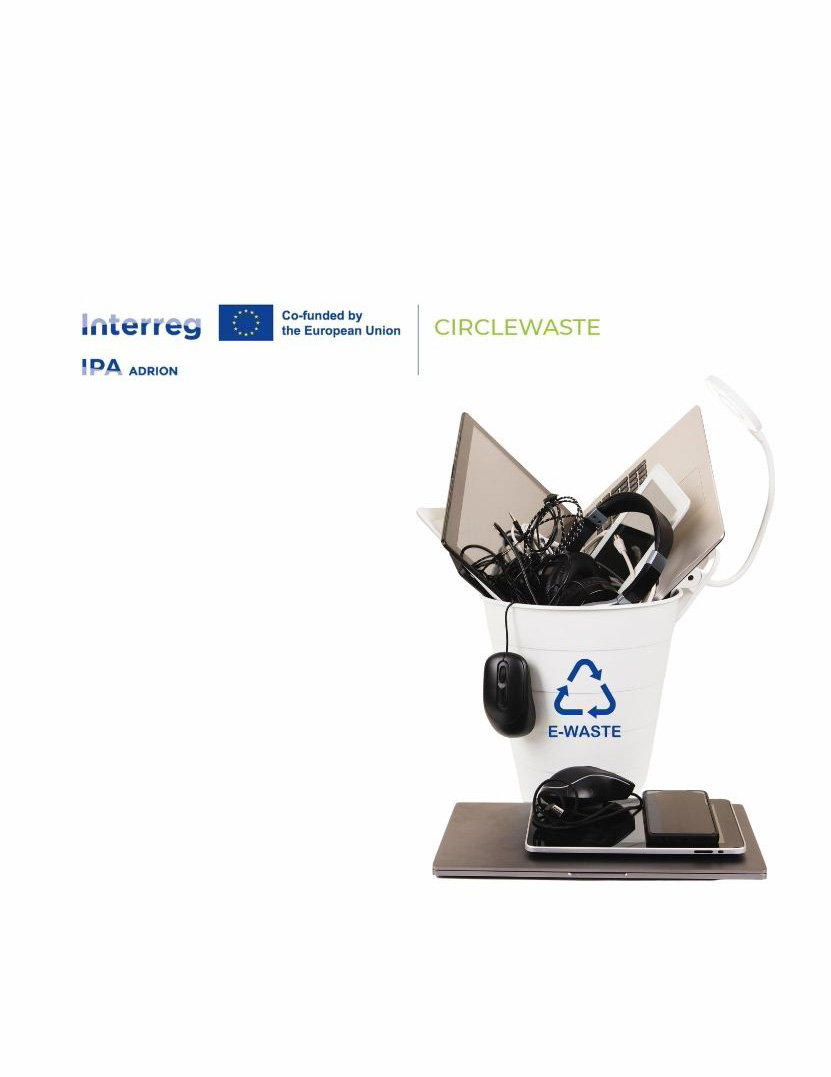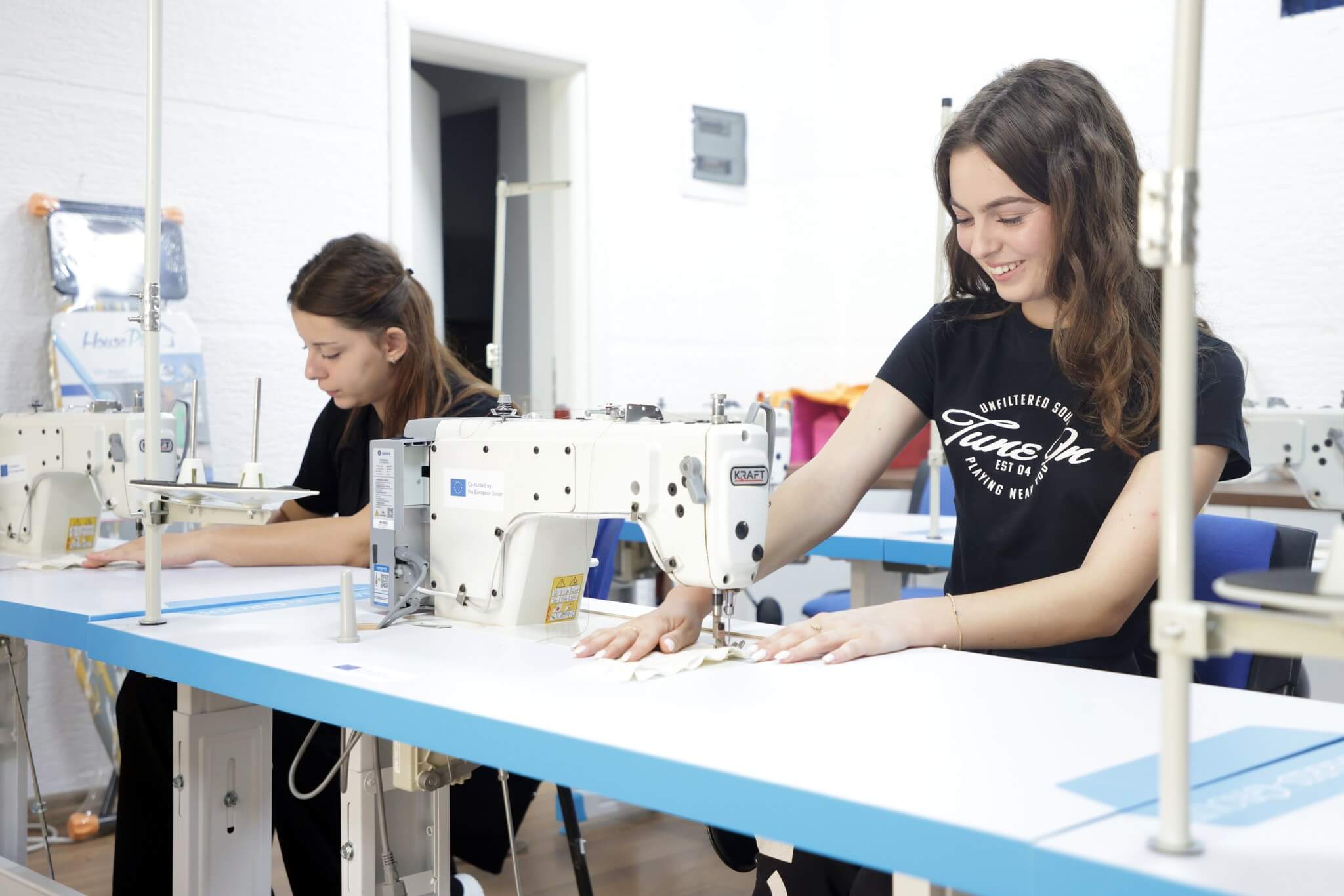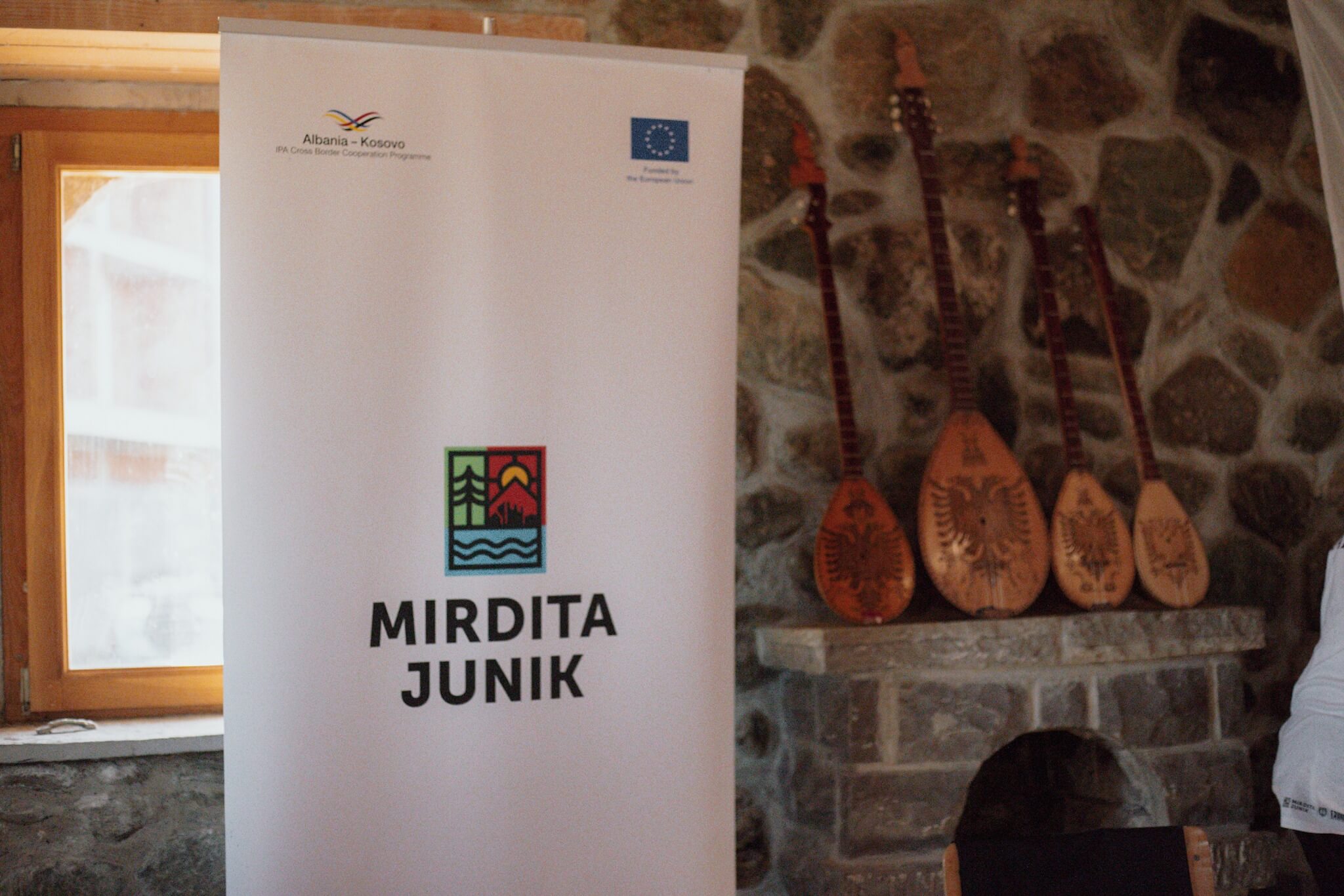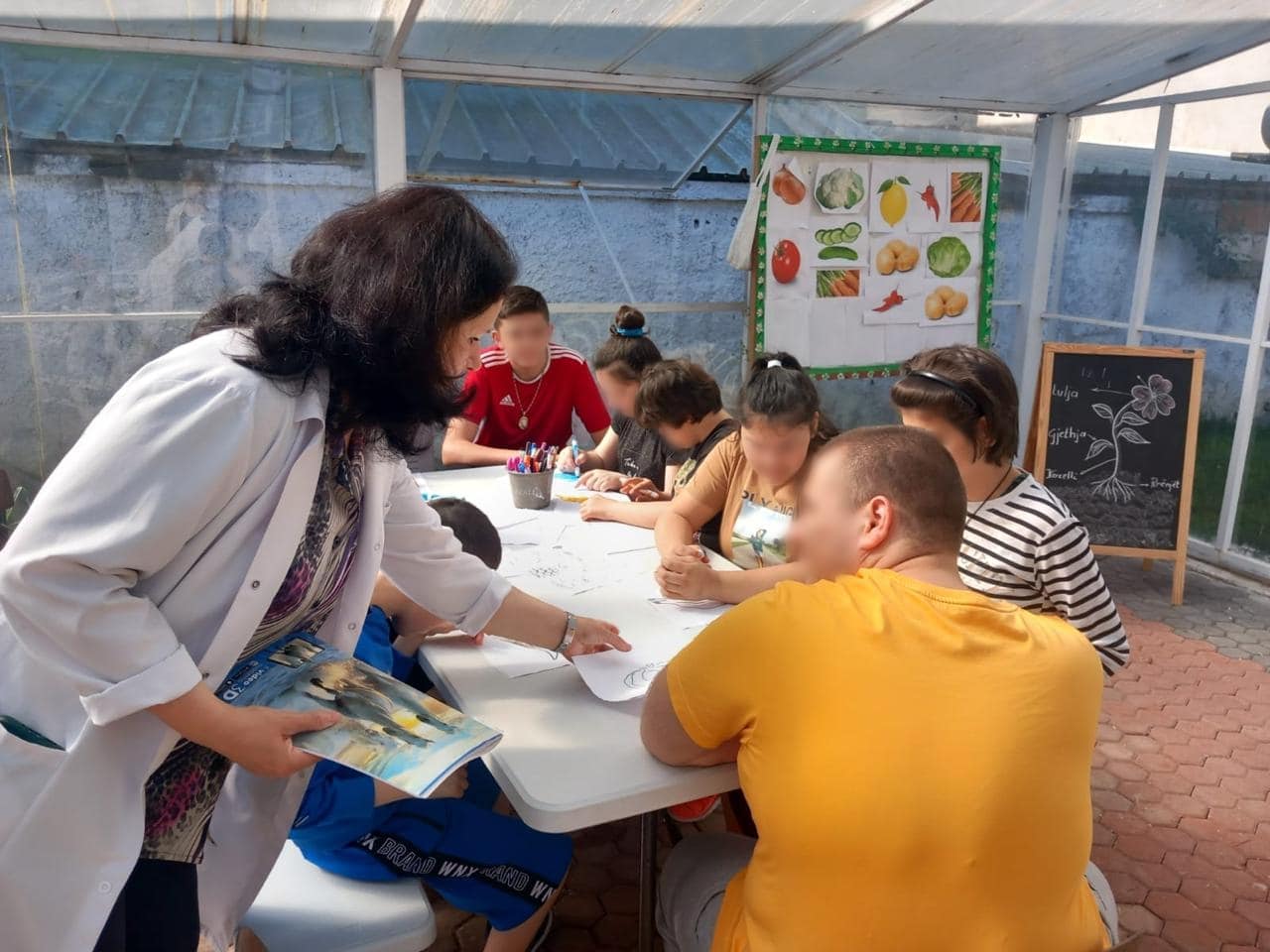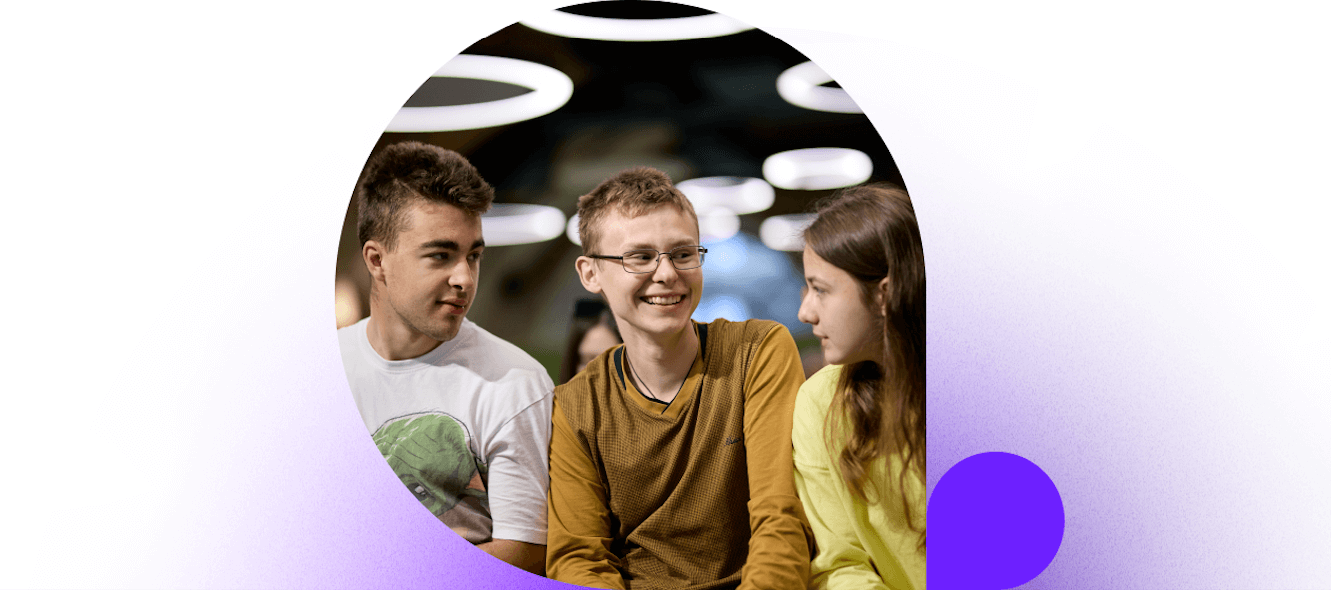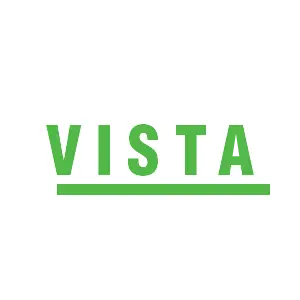
VISTA
VISTA aims to promote digital and soft skills development among students, youth, and youth workers through virtual exchanges. The project explores the benefits, challenges, and best practices of virtual exchanges in higher education and youth. It focuses on digital and soft skills, intercultural dialogue, and the promotion of European values. It addresses opportunities raised by the COVID-19 pandemic for virtual exchanges and addresses ethical and logistical considerations such as data privacy and accessibility. The project includes developing 8 training modules and providing online training to 2,500 young people facilitated by more than 35 facilitators from EU and non-EU countries.
VISTA
Funding Programme
Erasmus+ Virtual Exchange
Duration
36 Months
Overall Budget
498.142 EUR
Countries
Greece, Austria, Portugal, Bosnia and Herzegovina, Albania, Kosovo
Objectives
Results
Activities
Objectives
- Enhance digital and soft skills, fostering critical thinking, creativity, initiative, problem-solving, collaboration, and effective communication.
- Foster intercultural dialogue and tolerance among participants using digital platforms.
- Explore innovative educational opportunities through Artificial Intelligence.
- Strengthen critical thinking and media literacy to combat discrimination and polarization.
- Enhance the youth dimension in EU relations with partner countries
Results
- Increased intercultural understanding and communication skills among participants.
- Strengthened relationships between EU and partner countries.
- Enhanced social inclusion and equal opportunities through international experiences.
- Advanced development of digital and soft skills.
- Long-term promotion of citizenship, democracy, and common values
Activities
- Development of 8 training modules (4 digital skills, 4 soft skills).
- Virtual exchange training for facilitators and participants.
- Validation and adaptation of training curriculum through expert reviews.
- Implementation of virtual exchanges, including interactive sessions, virtual cultural activities, and international debates.
- Monitoring, evaluation, and dissemination activities including webinars, newsletters, videos, and a final conference
Project Partners
• Elliniko Mesogeiako Panepistimio (Hellenic Mediterranean University) – Greece (Coordinator) • FH Kaernten - Gemeinnuetzige GmbH (Carinthia University of Applied Sciences) – Austria • Instituto Politecnico do Porto (IPP) – Portugal • Univerzitet-Sarajevska Skola za Nauku i Tehnologiju (University Sarajevo School of Science and Technology) – Bosnia and Herzegovina • European Education Initiative (European University of Tirana - UET) – Albania • Kolegji Universum O.P (Universum College) – Kosovo
